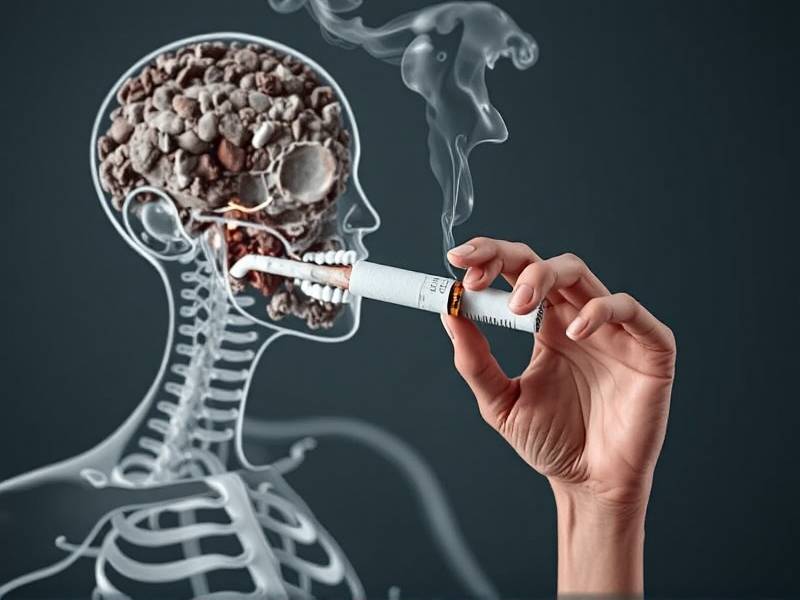Does the Body Really Repair Itself After Quitting Smoking?
The Miraculous Recovery: Does the Body Really Repair Itself After Quitting Smoking?
Introduction: Quitting smoking is a challenging endeavor, but the promise of a healthier life can be a powerful motivator. Many smokers wonder if their bodies can truly mend themselves after years of exposure to tobacco's harmful substances. In this article, we'll explore the fascinating journey of recovery that the body undergoes after quitting smoking.
I. Understanding the Damage Caused by Smoking: Smoking is a leading cause of preventable diseases and premature death worldwide. The harmful chemicals in cigarettes damage nearly every organ in the body, including the heart, lungs, and brain. By quitting smoking, individuals take an important step towards reversing these damages.

II. Immediate Benefits of Quitting Smoking: The moment you quit smoking, your body begins its remarkable journey towards healing. Here are some immediate benefits you can expect:
A. Improved Blood Circulation: Within 24 hours of quitting, your blood pressure starts to drop and your heart rate slows down. This improved blood circulation enhances oxygen delivery to organs and tissues.
B. Enhanced Lung Function: Your lungs start to clear out mucus and debris that have accumulated from smoking within a few days to weeks after quitting. This process continues for several months as your lung capacity improves.
C. Reduced Risk of Heart Disease: Quitting smoking significantly lowers your risk of heart disease by reducing cholesterol levels and improving blood flow.
III. Long-Term Recovery: A Promising Outlook The long-term recovery process after quitting smoking is even more impressive:
A. Lower Risk of Cancer: Within five years of quitting, your risk of cancer decreases significantly compared to continuing smokers.
B. Improved Immune System: Your immune system strengthens as you quit smoking, making you less susceptible to infections and diseases.
C. Enhanced Cognitive Function: Over time, your brain begins to repair itself from the damage caused by nicotine and other toxins in cigarettes, leading to improved memory, concentration, and overall cognitive function.
IV. The Role of Support Systems in Recovery While the body's natural healing process is incredible, having a strong support system can make a significant difference in your recovery journey:

A. Seek Professional Help: Consult with healthcare professionals who specialize in addiction treatment for personalized advice and support.
B. Join Support Groups: Connect with others who have gone through similar experiences by joining support groups or online forums dedicated to smoking cessation.
C. Practice Self-Care: Prioritize self-care activities such as exercise, meditation, and healthy eating habits to aid in your recovery process.
Conclusion: The human body has an incredible capacity for self-repair after quitting smoking. By taking proactive steps towards戒烟 and seeking support when needed, individuals can embark on a transformative journey towards better health and well-being. Remember that every puff counts – quit now for a healthier future!
